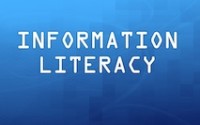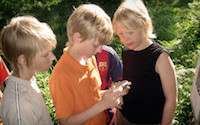
Preservice Teachers’ Microblogging: Professional Development via Twitter
Twitter has demonstrated potential to facilitate learning at the university level, and K-12 educators’ use of the microblogging service Twitter to facilitate professional development appears to be on the rise. Research on microblogging as a part of teacher education is, however, limited. This paper investigates the use of Twitter by preservice teachers (N = 20) in […]













